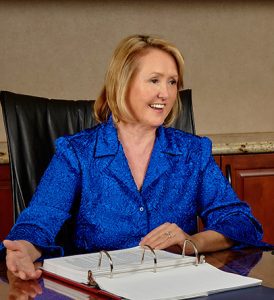The cornerstone of our estate planning services is the revocable living trust. As the name implies, revocable trusts are fully revocable at the request of the trust maker. This Trust may be amended, changed, completely revised or revoked as long as you have the capacity to make the changes and you are still living.
Here’s why I recommend a Revocable Living Trust (RLT) for many, many clients. When you create a Revocable Living Trust to hold your assets, you are the creator of the trust, the trustee and the beneficiary. Assets transferred (or “funded”) to a revocable trust remain in your control while you are still living, and the income from assets in the trust are reported under your social security number and on your tax return. You may sell property from the trust, buy property in the trust and add and remove assets from the trust as will.
Then, if you become incapacitated, your hand-picked successor Trustee steps in to manage things for you. This happens without any court intervention. On your death, the trustee again steps into your shoes to manage and distribute your estate as you direct in your trust document. This avoids court intervention in the form of probate. Using a trust maintains your privacy and lowers the cost of administration of your estate.




 We love helping our clients protect their assets, get the estate plan they want, and avoid probate. Contact us for a free Wills & Trusts consultation and follow us on social media.
We love helping our clients protect their assets, get the estate plan they want, and avoid probate. Contact us for a free Wills & Trusts consultation and follow us on social media.
